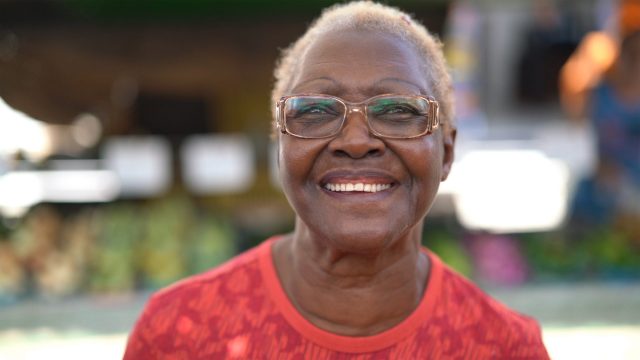What's Public Health Got to do With... Aligning Healthy Aging with Health-Related Frameworks?
Supporting healthy aging is a complex challenge that requires coordination across disciplines.

Health Equity is achieved when every person in every community has the opportunity to attain good health and when no one’s health is diminished due to the social conditions in which they live and work. Over a lifetime, inequitable access to the foundations of good health can make a person’s elder years less healthy.
The AFPHS initiative is designed to create partnerships among and between public health agencies and other health and services sectors to advance health equity across the life span.
Supporting healthy aging is a complex challenge that requires coordination across disciplines.
A new set of data principles has been released by the CDC Foundation to create more equitable practices of collecting and analyzing data. Data is key to understanding how to better address health inequities.
The Division of Population Health at the Centers for Disease Control and Prevention announced a new study that highlights the racial and ethnic differences in self-reported memory loss. This is the first national study to examine racial/ethnic differences in subjective cognitive decline in adults 45 years and older.
The Food Distribution Program on Indian Reservations Self-Determination Demonstration Projects support indigenous health and Tribal sovereignty.
According to a recent report from Centers for Disease Control and Prevention, pre-pandemic rates of emergency department visits related to mental health disorders were the highest among non-Hispanic Black adults (96.8 visits per 1,000 adults).
The Institute for Healthcare Improvement, in partnership with Trust for America’s Health and the Michigan Health and Hospital Association, developed a toolkit to improve collaboration among public health and health care systems.